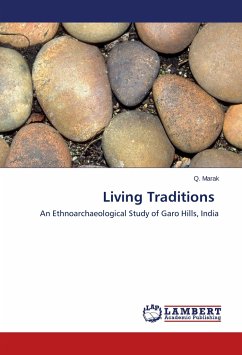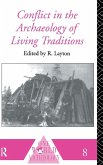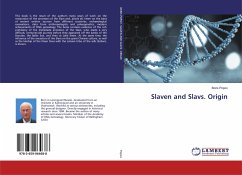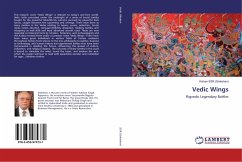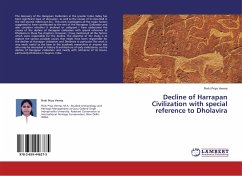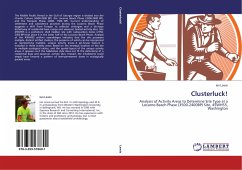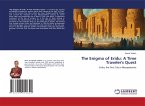The Garo Hills region in India is rich in prehistoric artifacts found strewn all over the jhum fields and river sections. However, the vast time gap that exists between the prehistoric past and the present makes it difficult to reconstruct the past cultures. Thus the innumerable stone tools collected from the region by earlier scholars gives the mere impression of a bare skeleton. This book is an attempt to bridge the gap by using the approach of ethnoarchaeology while trying to study living traditions. Stone tools, pottery, and other artifacts have been dealt with in detail from the upper and lower reaches of Garo Hills in order to reconstruct the past lifeways as much as possible. Since the tribal Garos continue to live amidst nature, their present lifestyles have also been discussed. It is hoped that this book will help give some flesh to the skeleton!

